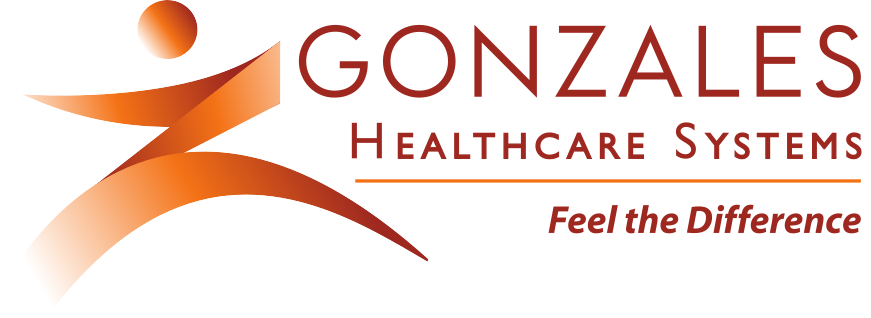One in four
If you’re over the age of 60, those are the odds that you have diabetes, which can cause serious medical problems for your eyes, ears, kidneys, nerves and feet. For example, hearing loss is twice as common for seniors with diabetes. There’s also an increased risk for high blood pressure, heart disease and stroke.
With diabetes, your body does not make enough insulin or does not use it well. Insulin “unlocks” your cells so they can absorb glucose, a sugar that provides your body with the energy it needs. In people with diabetes, too much glucose stays in the blood. An estimated 105 million Americans have diabetes or prediabetes, an indication that you’re on the path to diabetes.
Testing
The most common way to diagnose diabetes or prediabetes is the Fasting Plasma Glucose Test. It’s a simple blood test performed by your physician. After not eating for eight hours (usually overnight), blood is drawn and sent to a lab for analysis. Test results below 100 are considered normal. Results between and 100 and 125 can indicate you have prediabetes, a wake-up call to take action and lower your risk for diabetes. For example, losing as little as 5 percent of your total body weight (7.5 pounds if you weigh 150) can decrease your risk for diabetes.
Your Test Results
Levels of 126 or higher typically lead to a diagnosis of diabetes. In addition to suggesting you eat a healthier diet and exercise more, your doctor will work with you to get your diabetes under control. You may have to start checking your blood sugar several times a day and begin having insulin injections.
Diabetes Symptoms to Watch
You should see your physician if you experience any of the following symptoms:
- Increased thirst and more frequent urination
- Increased hunger
- Weight loss
- Feeling fatigued
- Blurred vision
- Slow healing sores or frequent infections
- Areas of darkened skin
For additional questions simply contact us at (830) 672-7581
